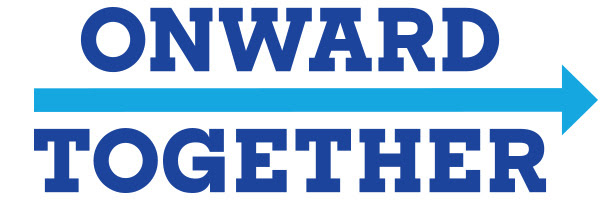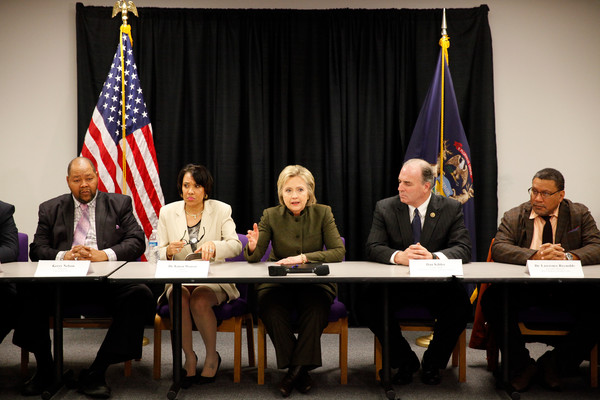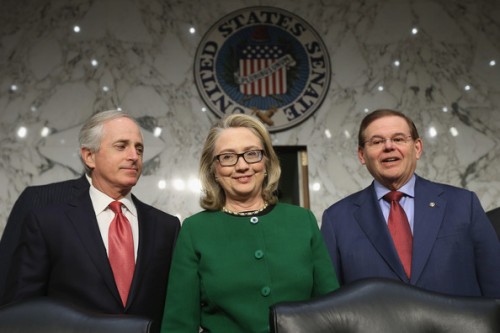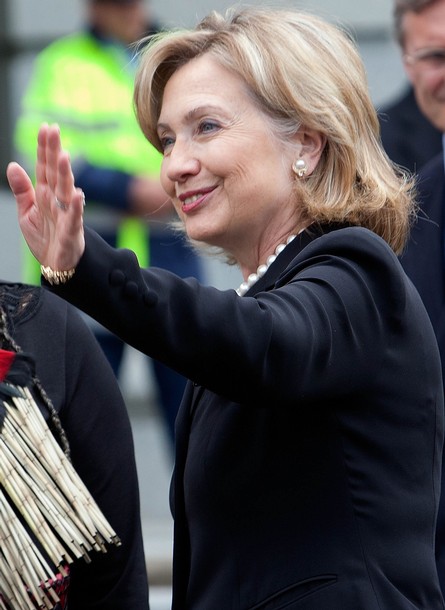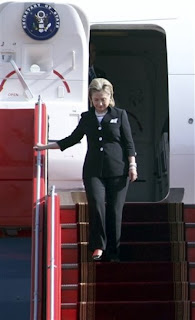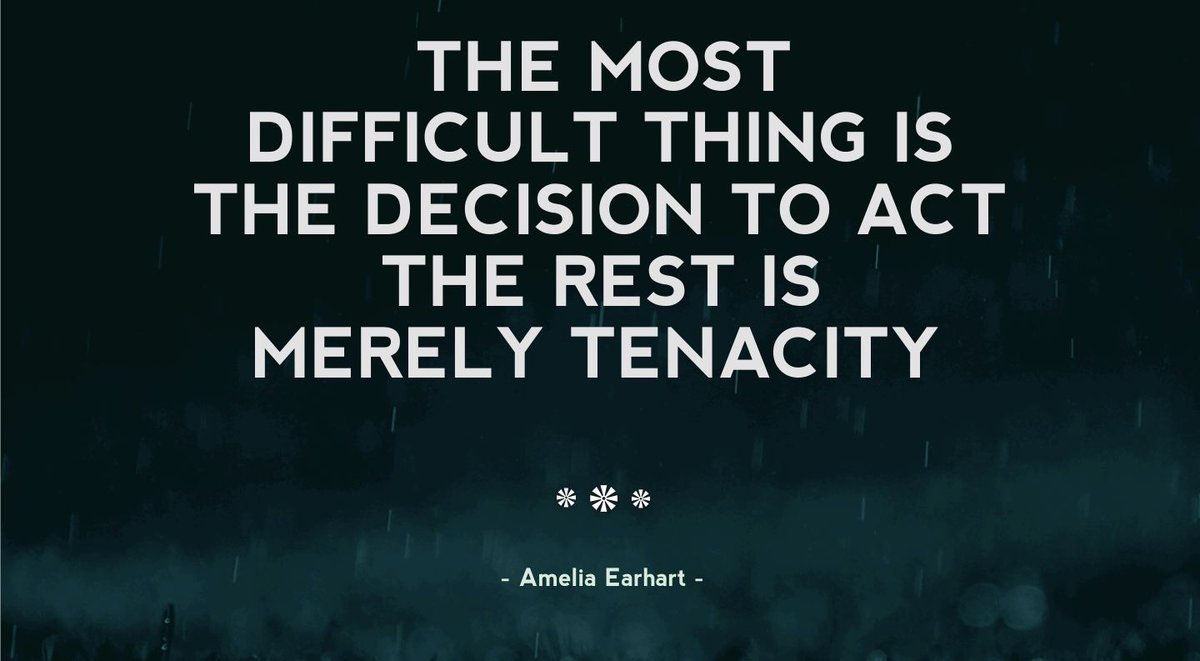SECRETARY CLINTON:Well, thank you very much for being so patient. There has been a lot of good work and constructive dialogue occurring. And I am very pleased to have had the chance, as I’ve traveled across Asia this week to talk about the breadth of American engagement, especially our work to strengthen economic ties and support democracy and human rights, along with our commitment to common security. This is all part of advancing our vision of an open, just, and sustainable regional order for the Asia Pacific based on institutions, norms, and partnerships that benefit all people and nations. And I think we are seeing what that means in practice.First, as to institutions, I spent several hours today meeting with colleagues at both the East Asia Summit and the ASEAN Regional Forum, and yesterday at the U.S.-ASEAN Post-Ministerial Conference. These institutions are at the heart of America’s expanding, multi-faceted engagement in the region. From boosting trade to expanding educational and cultural exchanges so strengthening security arrangements, these meetings are valuable opportunities for all the key players in the region to sit down together to grapple with some of the most important challenges we are facing.
Today, we reviewed progress in Burma, and I announced that the United States is easing sanctions to allow American businesses to invest there. We discussed North Korea and the importance of maintaining a united front in support of the peaceful, verifiable denuclearization of the Korean Peninsula. And we focused on the need to improve coordination on important issues like cyber security and disaster relief. It is significant that 45 percent of all the natural disasters in the world occur in this East Asia region.
One of the other issues we discussed in particular underscores the value of these multilateral institutions and also the importance of establishing clear regional norms, and that is the South China Sea. As you know, the United States has no territorial claims in the South China Sea, and we do not take sides in disputes about territorial or maritime boundaries, but we do have a fundamental interest in freedom of navigation, the maintenance of peace and stability, respect for international law, and unimpeded lawful commerce. And we believe the nations of the region should work collaboratively and diplomatically to resolve disputes without coercion, without intimidation, without threats, and certainly without the use of force.
No nation can fail to be concerned by the increase in tensions, the uptick in confrontational rhetoric, and disagreements over resource exploitation. We have seen worrisome instances of economic coercion and the problematic use of military and government vessels in connection with disputes among fisherman. So we look to ASEAN and China to make meaningful progress toward finalizing a code of conduct for the South China Sea that is based on international law and agreements. As I told my colleagues, this will take leadership, and ASEAN is at its best when it meets its own goals and standards and is able to speak with one voice on issues facing the region.
The third building block of an effective regional order is a network of partnerships and alliances, and today I had a productive trilateral meeting with Japan and South Korea and bilateral meeting with High Representative Ashton of the European Union, the foreign ministers of China, Indonesia, and Singapore. America’s alliances with Japan and South Korea are cornerstones of our engagement in the region, and all three of us have stepped up our engagement with ASEAN, including by establishing dedicated missions to ASEAN in Jakarta. So this was a chance to compare notes on a wide range of common concerns and priorities.
Turning to Europe, the United States welcomes the EU’s increased engagement in Asia, and High Representative Ashton and I discussed ways we can work together in the region to advance our shared interests in promoting wider peace and prosperity.
Chinese Foreign Minister Yang and I reviewed a long list of joint U.S.-China efforts on everything from science and technology to energy and the environment, to public health and safety. We recognize that a zero-sum approach in the Asia Pacific will lead only to negative-sum results, so we are committed to working with China within a framework that fosters cooperation where interests align and manages differences where they do not. That is part of what it means to achieve an effective regional order.
So in every way we can, we are sending a clear message: The United States is a resident Pacific power and we are committed to the future. In my meetings throughout Asia, I sometimes hear questions about whether the United States will back up our commitment with increased resources. So here in Phnom Penh, I was proud to announce a significant new effort to reform and reinvigorate our assistance programs to ASEAN and beyond. It is called the Asia Pacific Strategic Engagement Initiative, or APSEI, and I’ll have more to say about that tomorrow at the meetings of the Lower Mekong Initiative.
I’m also looking forward to traveling to Siem Reap to participate in the U.S.-ASEAN Business Forum and to discuss the importance of worker’s rights and women’s rights at a Lower Mekong conference on gender equity and empowerment.
So we’ve covered a lot of ground and let me stop there and take your questions.
MS. NULAND: We’ll take three tonight. We’ll start with Nicole Gaouette from Bloomberg.
QUESTION: (Off mike.)
SECRETARY CLINTON: No, you just have to talk into it —
QUESTION: Okay. Testing?
SECRETARY CLINTON: Yeah.
MS. NULAND: Yes.
QUESTION: Could you outline us – for us the stakes if ASEAN and China fail to reach an agreement on a code of conduct for the South China Sea? And we also understand that ASEAN has had a great deal of difficulty reaching an agreement on a final communiqué. And I’m interested in your thoughts on what this says about the group’s ability to deal with thorny regional challenges.
SECRETARY CLINTON: Yes. Well, let me begin by saying that the discussions are continuing and they are intense, so we will see what the outcome is. But frankly, I think it is a sign of ASEAN’s maturity that they are wrestling with some very hard issues here. They’re not ducking them; they are walking right into them. And I have worked in many multilateral settings, and it is not at all unusual for much more mature organizations to be working on and discussing and even arguing about certain matters past the deadlines in order to try to see if there’s a way forward.
So I think we’ll wait. And it’s not up the United States. It’s up to ASEAN. It’s not up to China, it’s up to ASEAN. It’s not up to any outside nation or organization. It’s up to the ASEAN members themselves. And ASEAN stresses unity, and the slogan of the meeting here is “One Community, One Destiny.” And as organizations like ASEAN mature and develop, it becomes necessary to address hard issues, and we wish them well.
MS. NULAND: Next one. (Inaudible.) Sorry?
QUESTION: (Off mike.)
SECRETARY CLINTON: Well, let’s wait and see what happens.
MS. NULAND: Next one, Khan Sophirom from the Ramsei Kampuchea Daily.
QUESTION: (Inaudible.) Is there any specific policy to Cambodia during your two-day visit in Phnom Penh? And what about the about the over 400 million Cambodians that have (inaudible)? Is there any development on that?
SECRETARY CLINTON: I couldn’t understand the second part of the question. I heard about is there anything in this – during my visit on assistance to Cambodia. But I couldn’t understand the second point.
QUESTION: What about the Cambodian debt – our 400 million U.S. —
MS. NULAND: Cambodian debt.
SECRETARY CLINTON: Oh, the debt. The debt. Okay. I’m sorry. Thank you. First, the United States remains strongly committed to working with and supporting the Cambodian people. Our development assistance has more than doubled in the last decade. It is now more than $75 million. We also, through our efforts on global health and HIV/AIDS, have worked with the Cambodian Government and NGOs in combating HIV/AIDS. We’re also encouraged from work we’ve been doing over a number of years to see recent reductions in maternal and child mortality. We’re working with Cambodia through our Feed the Future Initiative to help meet the needs of nearly 25 percent of the Cambodian population that is food deprived. So we’re working to translate development assistance into meaningful improvements in the lives of Cambodian people.
Now sometimes it is a little frustrating, I will admit, for the United States, because we channel our aid in so far as possible to the people themselves. We want more people fed. We want more people healthier. We want more men, women, and especially children to have a better life. So we cannot point to a big building we have built, but we can point to more children being alive, more people surviving HIV/AIDS, more women surviving childbirth, and we will continue to do everything we can to help the Cambodian people realize their own futures.
With respect to bilateral debt, under international law, governments are responsible for the obligations of their predecessors even though that may seem unfair in many instances. So what we want to do is work with the Cambodian Government to try to resolve these longstanding issues in a way that is fair, to help the Cambodian Government enhance its credit worthiness, increase its access to international capital markets. We think it will be in Cambodia’s interest to be able to enter into international financial markets, not be dependent on any one source of funding, but be able to bargain and work toward real credit worthiness. So we’re working with the Cambodian Government, and I’m hoping we will make progress in trying to resolve this issue. It’s something I personally am committed to doing.
MS. NULAND: Last one tonight, Margaret Brennan, CBS, please.
QUESTION: Madam Secretary, do you see any signs that Russia is going to support sanctions on Syria in the UN Security Council? There have been a number of developments this week, reports of Russian ships headed toward Syria, the defection of the Syrian ambassador to Iraq and now talk about public debate in Iran about supporting the Assad regime. What are your thoughts?
SECRETARY CLINTON: Well, Margaret, I had the chance to discuss these issues at length with UN Special Envoy Kofi Annan last night following his consultations in Damascus, Tehran, and Baghdad, but before he briefed the UN Security Council. And I was encouraged that he is now asking for more support in the form of a UN Security Council resolution that not only endorses the political transition plan that the action group agreed on in Geneva but that has real consequences for noncompliance. The United States is determined to support him because our experience of the last year makes it absolutely clear that the Assad regime will not do anything without additional further pressure. I had a good discussion of these issues with Chinese Foreign Minister Yang today, and we agreed to do all we can in New York to see the Geneva plan, which was signed onto by all five permanent members of the UN Security Council – including Russia and China – be implemented.
So we do see the pressure building. Senior military figures from the Syrian army are defecting every week. We just had the first major diplomatic defection, the Syrian ambassador to Iraq turned on the regime yesterday. The economy is in shambles. The regime is struggling to hold onto large parts of the country.
So we do look to the Security Council and all of its members, including Russia, to join us in a serious resolution that gives Special Envoy Kofi Annan what he needs, what he’s asking for, and imposes real consequences on the regime for continuing to defy its obligations first and foremost to its own people and then to the international community. And we call on the Syrian military and business community to choose a democratic future rather than to cling to this crumbling regime. So we are working hard in New York, in other capitals, trying to make sure that we build on Kofi Annan’s latest reporting and request, and we hope to see steady progress. Thank you very much.
MS. NULAND: Thank you, all.
This slideshow requires JavaScript.





